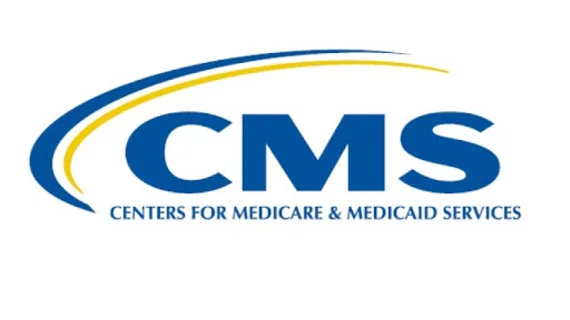Industry reacts to CMS proposal to push ACOs into more risk
When CMS announced modifications to the accountable care organization (ACO) model to encourage more organizations to take on more financial risk, industry stakeholders had a lot to review in the 600-plus-page proposed rule.
For one, it pushes ACOs into taking on upside and downside risk by eliminating two tracks of the share savings program and limiting the upside-only model to just two years, down from the current six-year period.
While the move is an aggressive one that will likely result in a major drop off in participation in the voluntary program, the changes will also move the program toward the goals of value-based care and likely save money in the long term. CMS estimate this will save $2.2 billion over 10 years.
Atrius Health—the largest independent medical group in New England and a nonprofit with more than 720,000 adult and pediatric patients—already assumes downside and upside risk. However, seeing the financial upside took time. The ACO is supportive of the migration to value-based care, but it is still reviewing the proposed rule, Steven Strongwater, MD, Atrius Health CEO and president, told HealthExec.
“As an early adopter of these efforts, we fully embraced risk when we started this work and now over 70 percent of Atrius Heath’s revenue derives from total cost of care or global budget contracts for Medicare, commercial and Medicaid contracts, including taking risk for both gains and losses,” Strongwater told HealthExec. “Although we were one of the original Pioneer ACOs in 2012 and had already been delivering care across the continuum with accountability for total cost, quality and patient experience, it still took us until our third year in the model to get to the upside of savings for Medicare and returning savings to our organization.”
In 2016, Atrius saved Medicare $10.4 million. The ACO has also switched to become a Next Generation ACO, which Atrius sees as beneficial for the longer contract period, Strongwater said.
While Atrius has been able to make the shared savings program work for their organization with millions in savings over time, thrusting more risk onto all organizations could be challenging.
Still, the overall push away from fee-for-service toward value-based care is well supported by ACOs looking to succeed in shared savings models.
“Assuming financial risk is neither an easy nor simple decision for providers to make,” Jerry Penso, MD, MBA, American Medical Group Association (AMGA) president and CEO, said in a statement. “However, AMGA’s members recognize the future of health care requires movement away from fee-for-service reimbursement to value-based arrangements and they are leading this charge. Our members continue to work toward new models of increased accountability for the quality and cost of the care they deliver. It is important that when this rule is finalized, it enables them to achieve these goals.”
However, the rule could go too far if it significantly decreases participation. An estimated 107 ACOs could drop out of the program, according to CMS.
“Because the shared savings ACOs are voluntary programs, it is not clear that providers will embrace these proposed changes, and having both fee-for-service and risk reimbursement continues to add complexity for providers,” Strongwater said. “Regardless of the other changes, it is critical to enlisting volunteers and to maintaining quality that targets for financial performance are adequate to cover the services that are needed to care appropriately for the attributed population of Medicare patients.”

